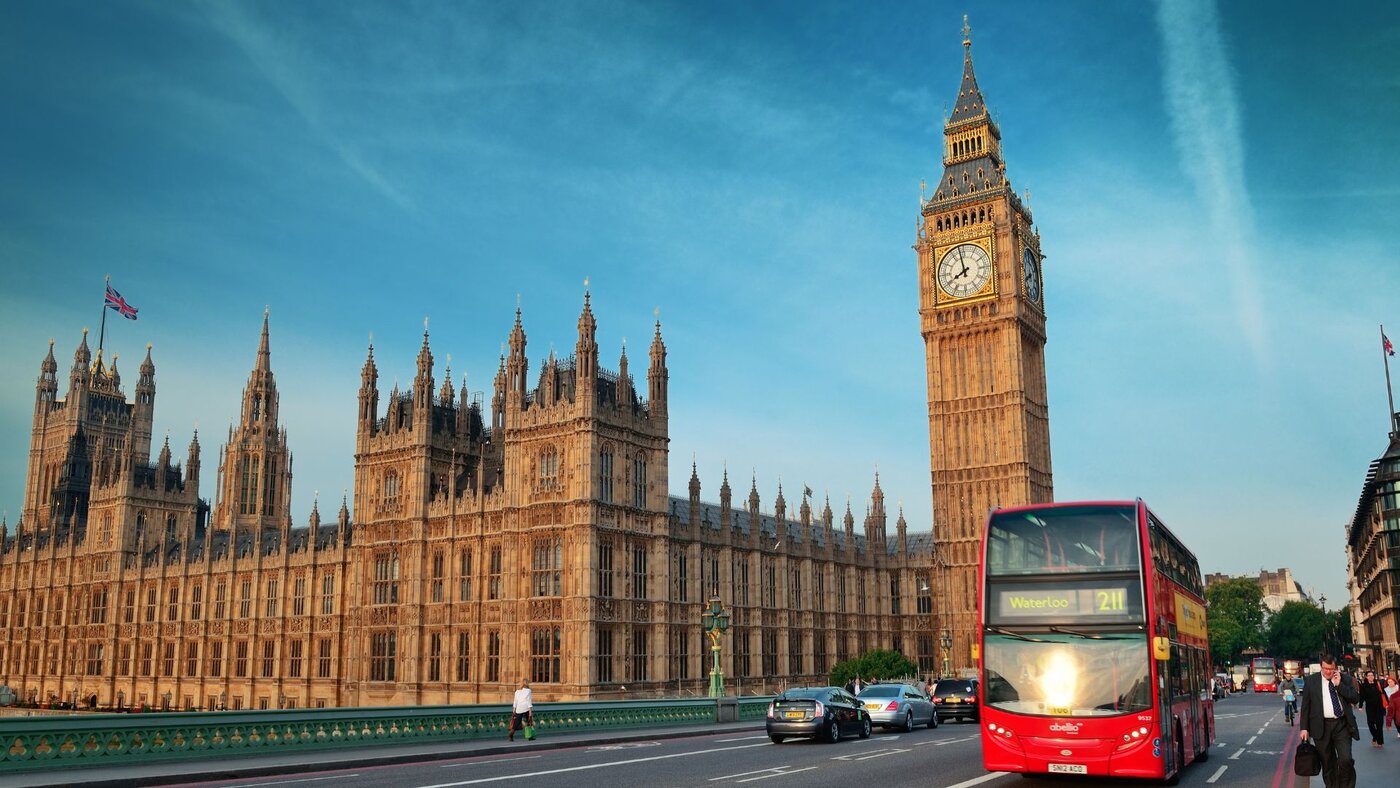LONDON, Sept 26 – HMRC’s overhaul of company car taxation has triggered warnings from the UK’s motor trade, with industry leaders claiming it could cut vehicle registrations by 150,000 and wipe out thousands of jobs.
The changes, set to take effect in October 2026, will see Employee Car Ownership Schemes (ECOS) pulled into Benefit-in-Kind (BIK) rules if certain conditions are met. HMRC says the reforms will raise £275m in 2026–27, tapering to £175m a year by 2029–30.
Dealers warn of economic damage
The National Franchised Dealers Association (NFDA) argued the Treasury’s forecasts are unrealistic. Chief executive Sue Robinson said the policy would shrink the market and dent revenues, not boost them.
She told MPs at a Nottingham dealership meeting this week: “The figures show a completely different picture to HMRC’s optimistic forecasts.”
The NFDA warned that cutting new car sales would also erode VAT and vehicle excise duty receipts, undermining the Government’s broader tax base.
Industry leaders step up lobbying
The warning was raised during a meeting attended by Labour MP Alex Norris and Mark Raban, chief executive of Group 1 Automotive UK. Both were briefed on the risks facing dealerships and manufacturers if registrations decline.
“We are grateful to Alex Norris MP for engaging with us directly, and to Mark Raban for outlining both the challenges and opportunities our sector faces,” Robinson added.
The NFDA has pledged to increase lobbying efforts during party conference season, describing the overhaul as a “misguided tax raid.”
How the new rules will apply
From October 6, 2026, ECOS arrangements will fall under company car BIK rules if three “trigger conditions” apply: private use restrictions, cars not registered in the employee’s name, or guaranteed buyback or resale clauses.
HMRC said the policy is designed to close loopholes and ensure “fair taxation” of company car perks, while nudging motorists toward electric vehicles. Officials insist the administrative burden for firms will be minimal.
Experts echo sector concerns
Tax specialists, however, warn most ECOS deals already include HMRC’s trigger conditions, meaning nearly all schemes will be captured.
Caroline Laffey, partner at KPMG’s Employer Reward Services, said: “Employers should start reviewing whether ECOS will even be viable beyond 2026, as many firms will be forced to rethink how they attract and retain staff.”
The reforms are expected to affect around 76,000 workers and nearly 2,000 medium and large companies, predominantly in the automotive sector.
EV advocates highlight mixed signals
Electric vehicle campaigners say the changes send conflicting messages to drivers. Thom Groot, chief executive of The Electric Car Scheme, warned that salary sacrifice deals have been central to EV uptake.
“Workers with access to such schemes are three to four times more likely to go electric,” he said. “The impact of salary sacrifice on the EV transition has been incredible since its introduction in 2020.”
A growing policy dilemma
The proposals come as Labour faces pressure to balance its fiscal rules with support for industry and the net zero transition. Critics fear that higher costs for employees and businesses could dampen investment and stall progress on emissions.
While HMRC maintains the reforms will create a fairer system, opponents warn the short-term revenue boost could come at the expense of long-term economic stability.
HMRC’s overhaul of company car taxation is sparking intense debate, with industry leaders warning of job losses, falling registrations, and shrinking tax revenues. While officials argue the changes will ensure fairer treatment of benefits and encourage the shift to electric vehicles, experts and trade bodies fear the reforms may backfire on the sector and workers alike.
For drivers and businesses, staying informed about evolving tax rules has never been more important. The Pie app helps individuals and companies keep on top of tax changes, income, and expenses, offering clarity and confidence as new policies take shape.











